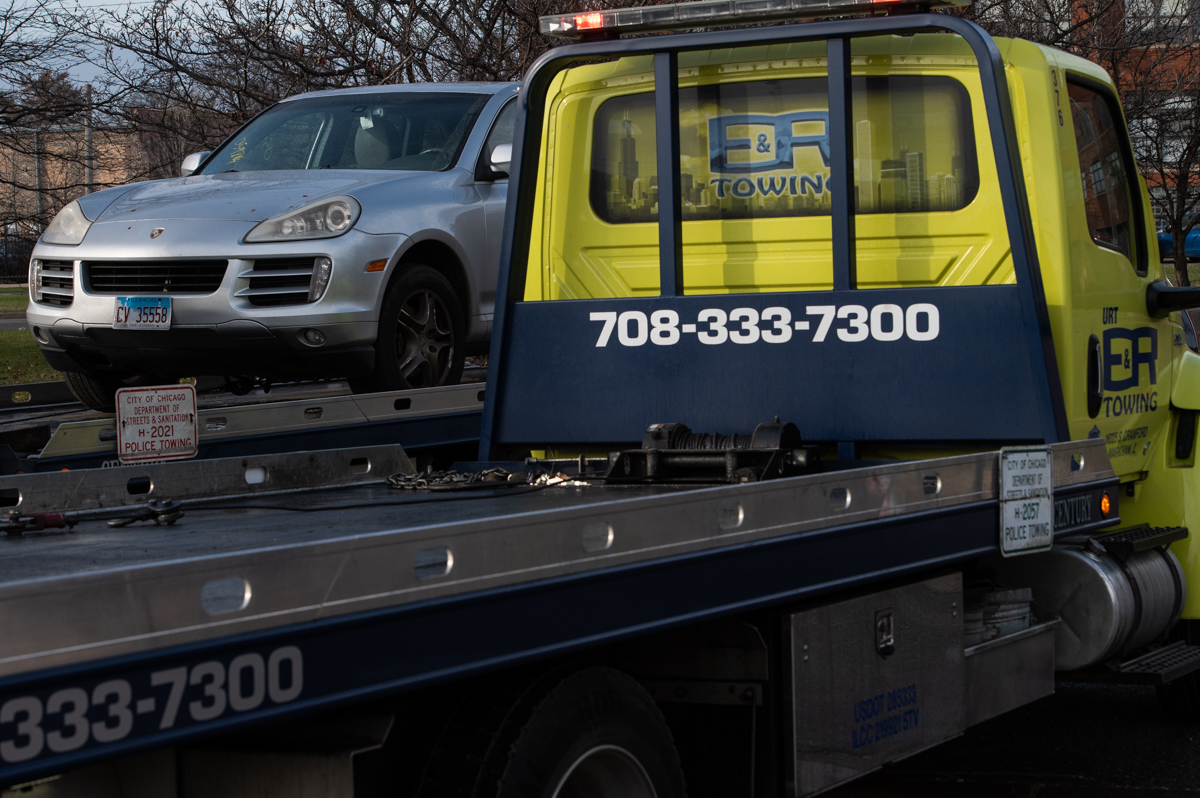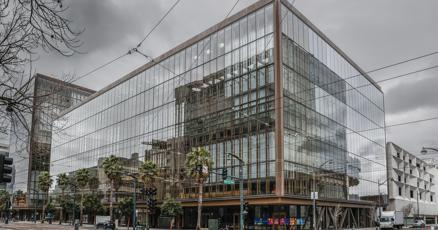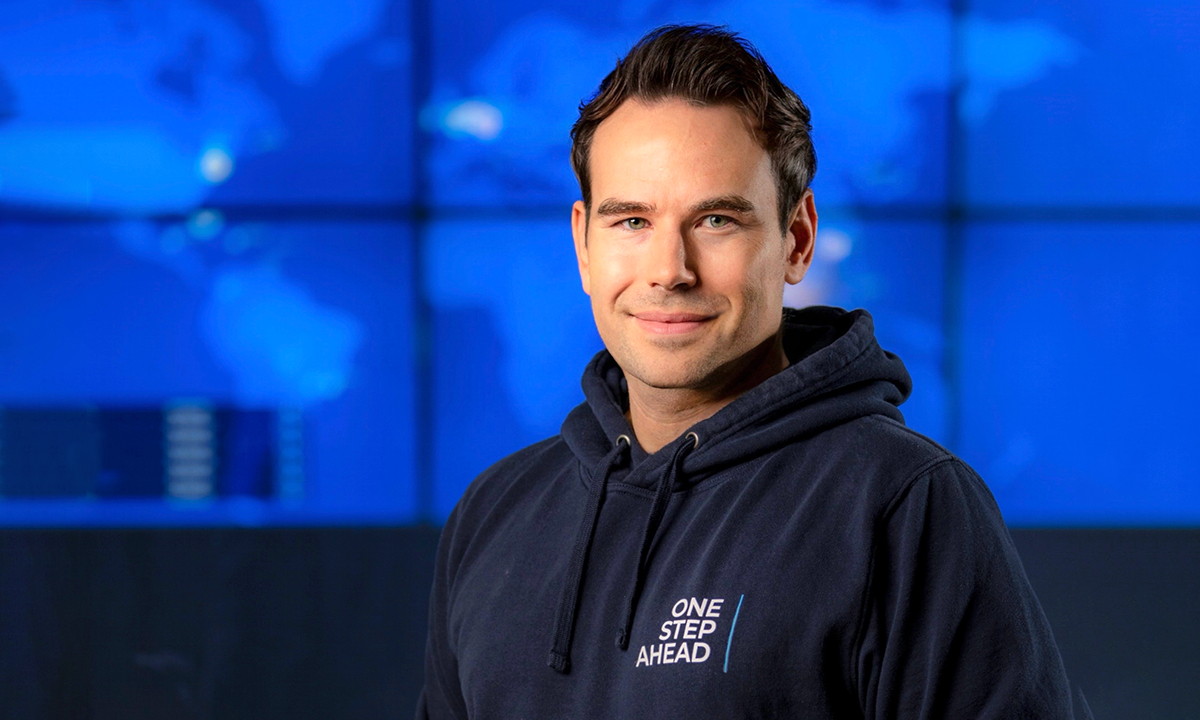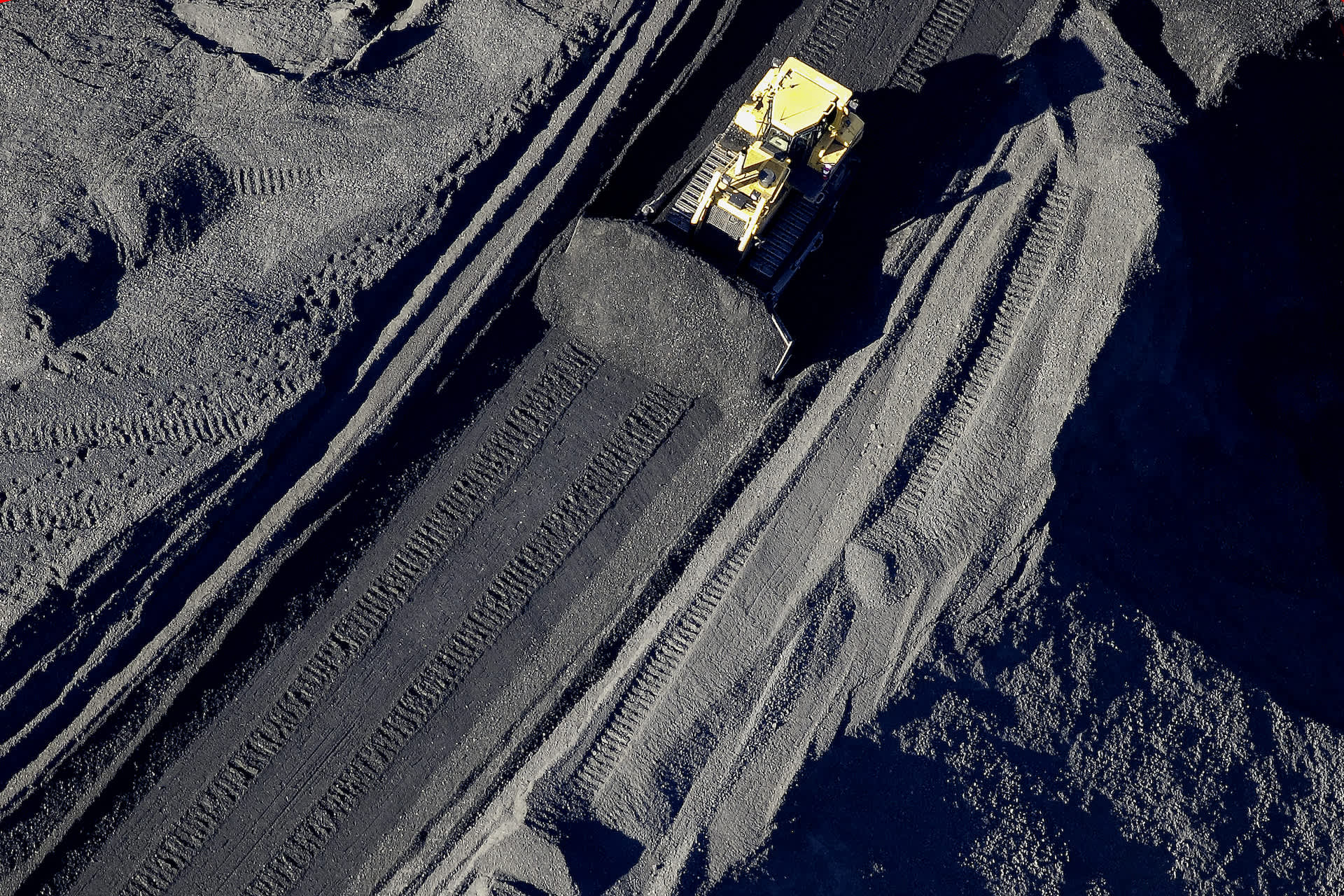Tow Truck Vultures: City Council Strikes Back Against Predatory Roadside Scavengers
Companies
2025-04-17 12:20:00Content

City officials are cracking down on predatory towing practices with a new ordinance aimed at protecting drivers from unscrupulous tow truck operators. Alderman Gilbert Villegas (36th) is spearheading what he calls "Rogue Towing 2.0," a legislative effort to combat towing companies that swoop in after accidents and then essentially hold vehicles hostage while demanding exorbitant fees.
The proposed ordinance targets opportunistic tow truck operators who take advantage of vulnerable drivers during stressful accident scenes. These companies typically arrive quickly at crash sites, offering immediate towing services, but then use aggressive tactics to extract massive payments from unsuspecting vehicle owners.
By implementing stricter regulations, the city hopes to prevent these unethical practices and provide more protection for drivers who are already dealing with the aftermath of a traumatic incident. Villegas emphasized that the new measure will create meaningful accountability for towing companies and ensure fair treatment of motorists during their most vulnerable moments.
Urban Predators: The Dark Side of Towing Companies Exposed
In the bustling streets of modern cities, a silent predator lurks, waiting to capitalize on vulnerable motorists during their most stressful moments. Towing companies have evolved from service providers to opportunistic entities that exploit drivers' misfortunes, transforming roadside assistance into a high-stakes financial ambush.When Assistance Becomes Extortion: The Shocking Truth of Predatory Towing Practices
The Anatomy of Opportunistic Towing
The landscape of urban transportation has witnessed a disturbing transformation in towing practices. Predatory towing companies have developed sophisticated strategies to maximize their financial gains, targeting vulnerable motorists at their most desperate moments. These companies strategically position themselves at accident scenes, swooping in like vultures to capitalize on drivers' immediate needs and limited options. Municipalities are increasingly recognizing the systemic problem of opportunistic towing. These companies have perfected a calculated approach, arriving swiftly at crash sites and subsequently holding vehicles hostage through exorbitant fees and complex bureaucratic processes. The financial burden imposed on already stressed drivers represents a significant ethical breach in service industry standards.Legislative Counterattacks: Protecting Motorists from Unscrupulous Practices
City councils and legislative bodies are mounting robust responses to combat these predatory tactics. Proposed ordinances aim to create stringent regulations that limit the ability of towing companies to exploit vulnerable drivers. These legislative efforts seek to establish clear guidelines, impose reasonable fee structures, and create accountability mechanisms that protect motorists from unwarranted financial exploitation. The proposed "rogue towing 2.0" ordinance represents a critical step in addressing these systemic issues. By targeting companies that engage in opportunistic towing practices, lawmakers are sending a clear message about the unacceptability of such behavior. The legislation aims to transform the towing industry from a potential threat to a genuine service-oriented profession.Economic and Psychological Impact on Drivers
The consequences of predatory towing extend far beyond immediate financial strain. Drivers subjected to these practices experience significant psychological trauma, feeling helpless and victimized during already stressful situations. The unexpected financial burden can disrupt personal budgets, create additional stress, and potentially compromise individuals' ability to work or meet essential obligations. Economic research suggests that these practices disproportionately affect lower-income communities, creating a cascading effect of financial instability. The towing industry's current model transforms a necessary service into a potential economic threat, undermining the fundamental principles of consumer protection and fair business practices.Technological and Regulatory Solutions
Emerging technological solutions offer promising avenues for addressing predatory towing practices. Advanced tracking systems, transparent fee structures, and real-time documentation can help create accountability and reduce opportunities for exploitation. Digital platforms that provide immediate price transparency and service verification could revolutionize the towing industry's operational standards. Regulatory frameworks must evolve to incorporate these technological advancements, creating comprehensive systems that protect consumer interests. By implementing smart regulations and leveraging technological innovations, cities can transform the towing industry into a more ethical and consumer-friendly service.RELATED NEWS
Companies

Silicon Valley's AI Boom: San Francisco's Office Market Rides the Tech Wave
2025-03-17 20:36:00
Companies

Feast or Famine? Performance Food Group's Explosive Growth Potential Unveiled
2025-03-01 16:41:02






